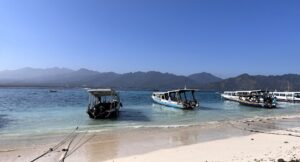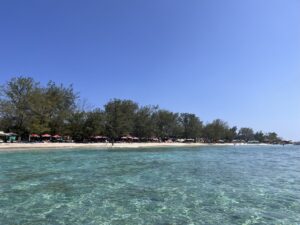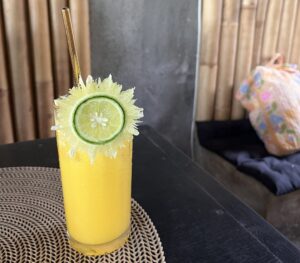You’ve probably come across the word Peranakan a few hundred times in these posts about Malacca, but what is this Peranakan thing anyway? Peranakan means “local born,” and it is an identity that began to form when Chinese traders married local women and adopted the language, customs, and traditions of Southeast Asia. The history of the first Peranakan families goes back to the 15th century.
Thus, one of the main cultures in Malacca is the Peranakan culture, an eclectic fusion of local Malay and Chinese cultures resulting from marriages between Chinese traders from China and local brides of Malay descent, and the adoption of local customs. Peranakan men are known as Baba, and the women as Nyonya.
This culture is famous for its distinctive cuisine (hence the many restaurants in Malacca serving Nyonya food), colourful traditional costumes, intricate furniture, and ceremonies and rituals. The Peranakan culture of Malacca represents a rich multicultural heritage that incorporates elements from both cultures into its language, cuisine, and religious traditions.
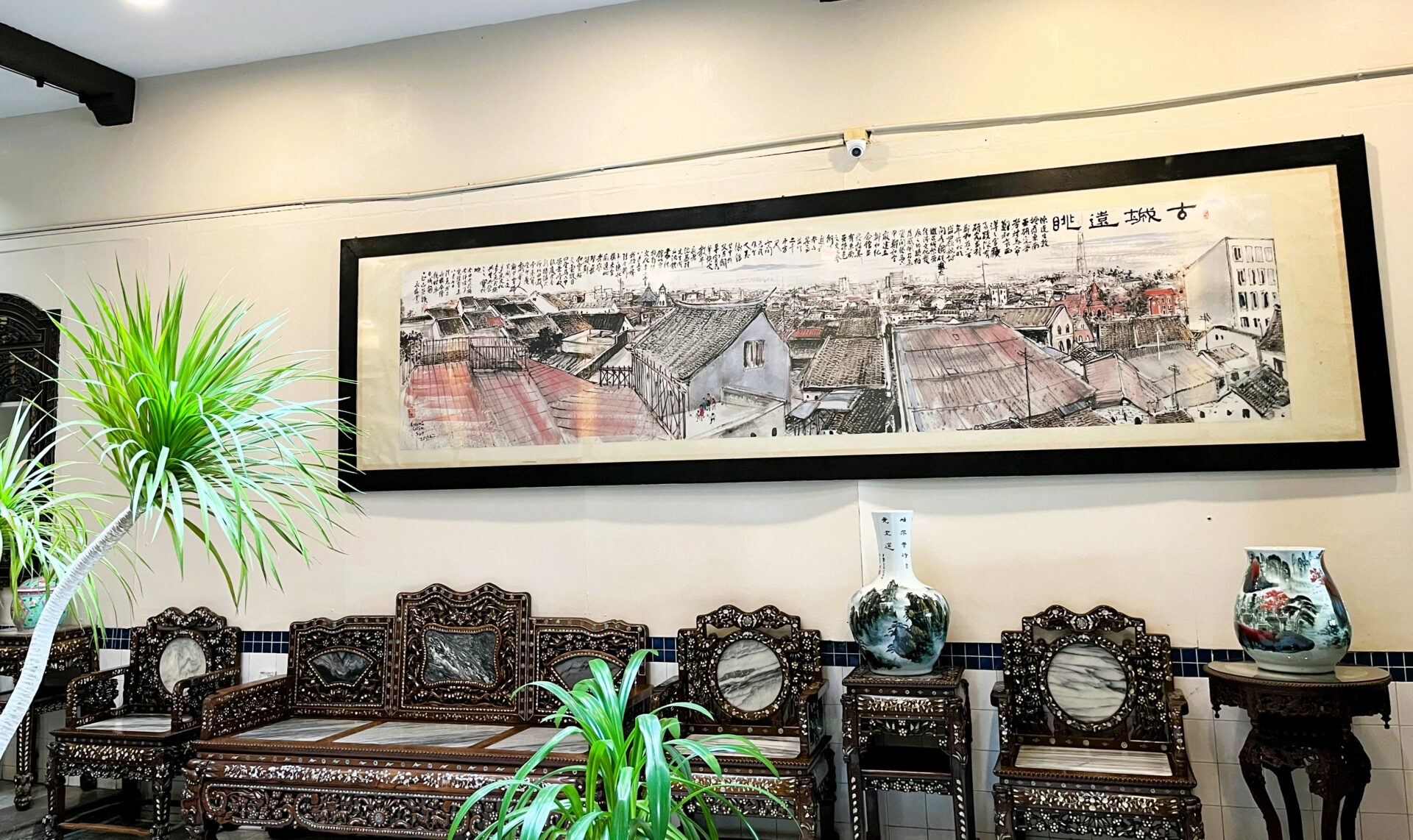
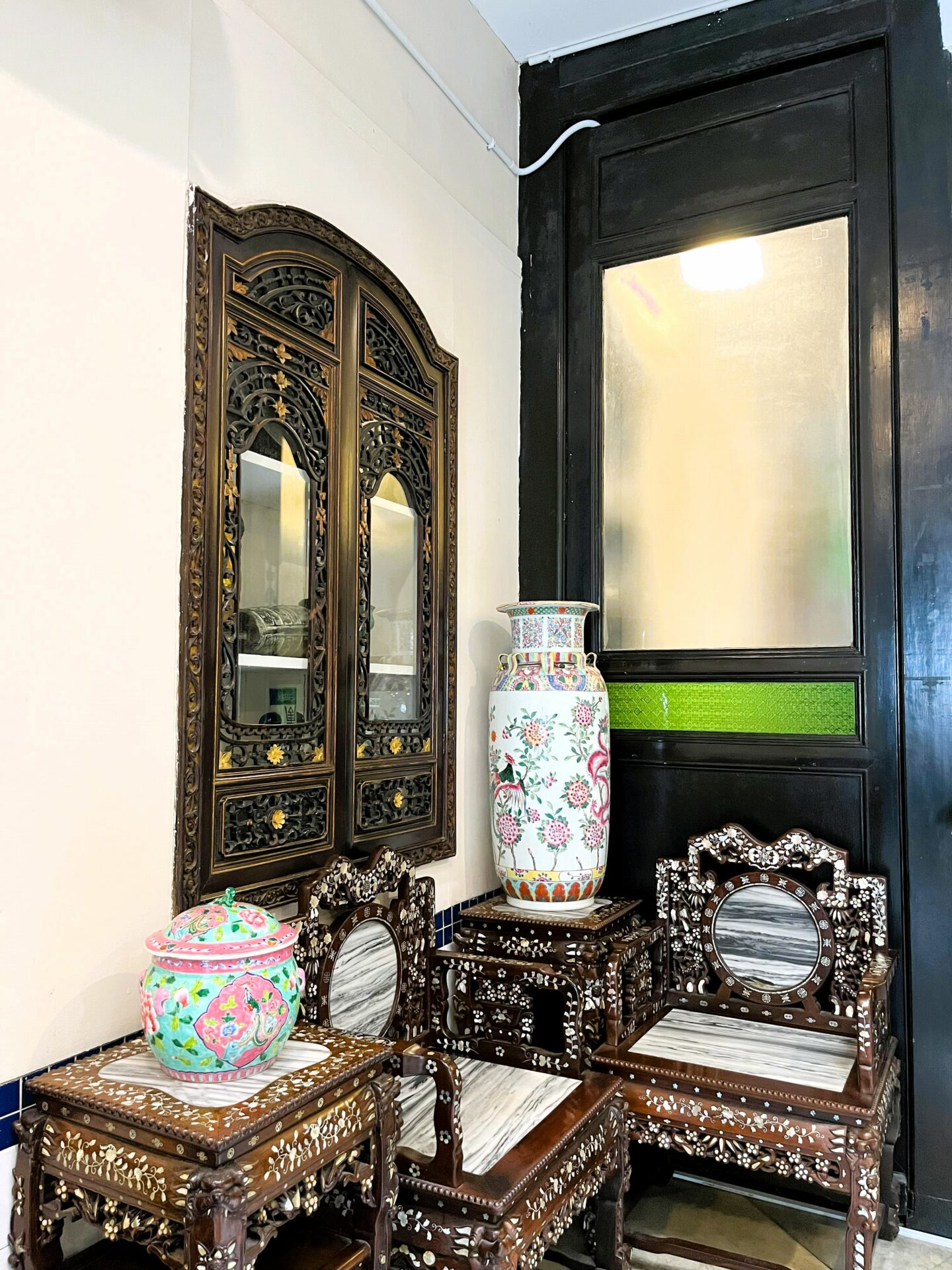
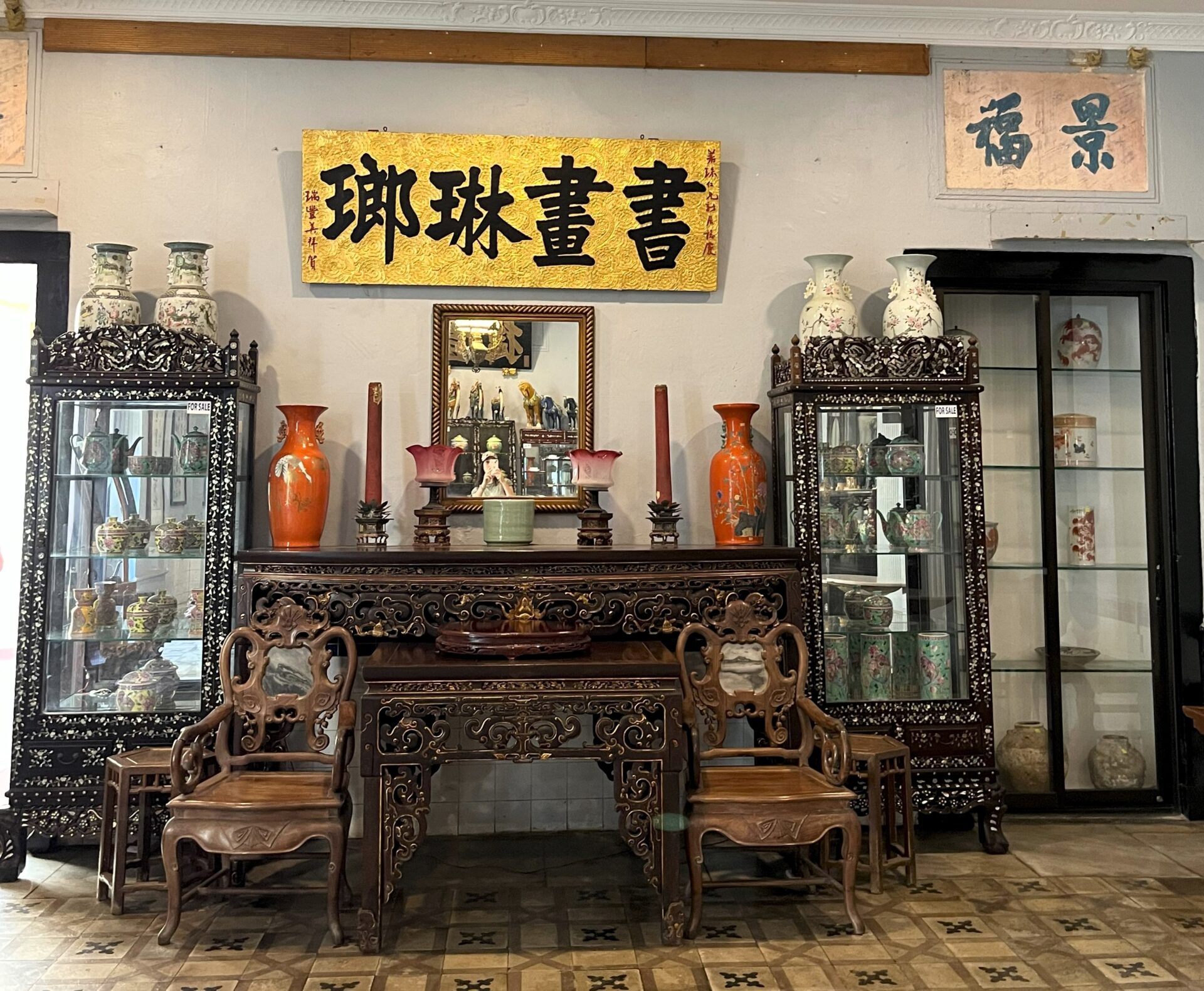
The heritage of the Peranakan culture (also known as “Straits Chinese”) heritage can be found in three places in Malaysia and Singapore:
Don’t forget to check out the complete list of Things to do in Malacca, and don’t miss the post with suggestions on Where to eat in Malacca, which also includes a restaurant serving Peranakan food.
